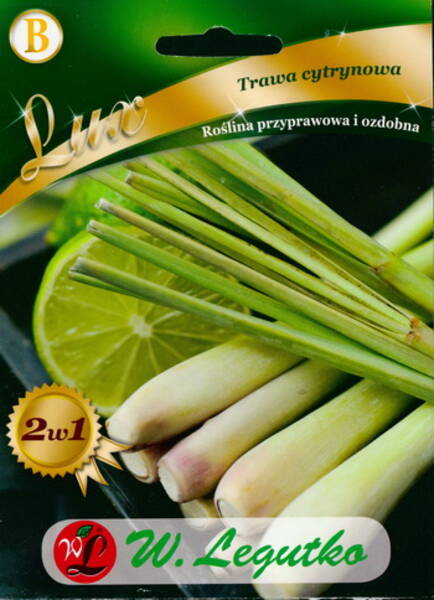10 times stronger than lemon aroma.
Fast-growing perennial herb up to one and a half meters high with a powerful root system. Dries up the soil very quickly. Grows in Asia.
Action: Analgesic, antidepressant, antimicrobial, antioxidant, antiseptic, astringent, bactericidal, carminative, deodorant, healing, fungicidal, insecticidal, sedative.
Safety Precautions: Non-toxic, but may cause skin irritation in some people. Use sparingly.
Aromatherapy: At home, they are used for acne, epidermophytosis, excessive sweating and pediculosis. Well tones the skin and tissues, helps with muscle pain, dyspepsia, colitis, gastroenteritis and facilitates the course of infectious diseases.
Used as a fragrance in cosmetics and perfumes. It is widely used in the food industry, as well as in the production of alcoholic and non-alcoholic beverages. Citral is isolated from it, it also serves as a substitute for melissa and verbena oils.
It is best to use fresh stems, but dried stems are also found, as well as powdered dried stems. If fresh stems are used, remove the outer leaves and use only the lower, white part. It can be added to the dish whole (remove before serving), finely chopped or mashed into a paste. Soak dried stems before use.
It tastes and smells like lemon peel, has a fresh clean aroma. Lemongrass is widely used in Southeast Asian cuisine, especially Thai and Vietnamese. It is put in soups, stews, curries, fish and seafood dishes, chicken, beef and pork. Sometimes added to tea. Pairs well with garlic, chilli and cilantro. If lemongrass is not available, it can be replaced with lemon zest, verbena, or lemon balm.
* Israeli scientists have found that a substance found in lemongrass stops the spread of cancer cells. This substance - citral - was tested on a culture of cancer cells, and the "experiment on animals" was put by a dog named "Crazy".
"Crazy", a female boxer, fell ill with cancer of the lymph nodes - lymphoma. It turned out that she herself found a cure that saved her life. Lemongrass grew in her owner's garden. The dog began to eat grass in large quantities, and her condition improved, and then "Crazy" recovered completely.












